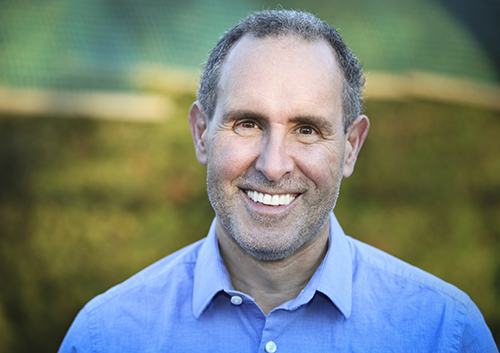Pregnancy and Oral Care
February 20th, 2019

Pregnancy involves a lot of alterations in your health. Dental Images of OKC is here to help you understand the oral health aspects of your pregnancy.
As you may already know, your body becomes more susceptible to bacterial complications. In terms of oral health, you may be at a higher risk for gingivitis and periodontal disease during the course of your pregnancy.
The hormonal changes in your body can create a more welcoming environment for gum infections, including gingivitis. Although you may continue to brush and floss on a regular basis, and maintain your schedule of cleaning appointments, you are still prone to an increased risk of gingivitis. Your gums may feel more sensitive and become more prone to bleeding because of the increased amount of blood flowing through your body. This can also be a side effect of periodontal disease, which nearly 40% of pregnant women have.
In order to avoid painful dental visits, you should attempt to brush more than twice a day and always floss regularly. We recommend investing in a good mouthwash for extra protection against plaque buildup. Other oral conditions to watch out for during pregnancy include oral gingival lesions, tooth mobility, tooth erosion, and dental caries.
Keeping your oral health in top shape will prevent bacteria from circulating to other places in your body during pregnancy. Your immune system is more likely to be compromised, which means you generally face an increased risk for illnesses.
Don’t forget that you share nutrients and pathogens with your baby, so it’s crucial to reduce your risks in every possible way. If you think you may be experiencing an oral health issue during your pregnancy, please call our Oklahoma City office to schedule an appointment, and we will be happy to help you.


